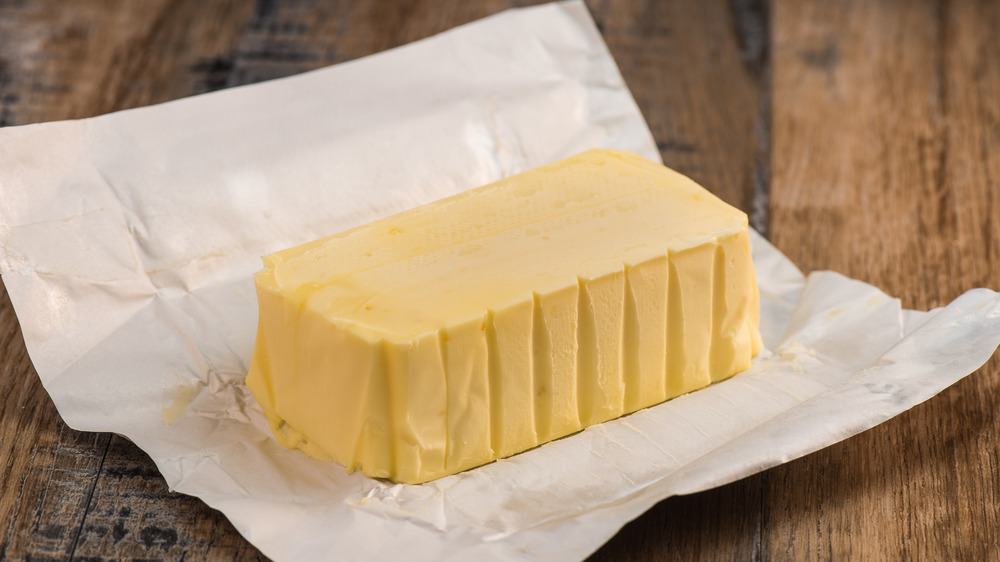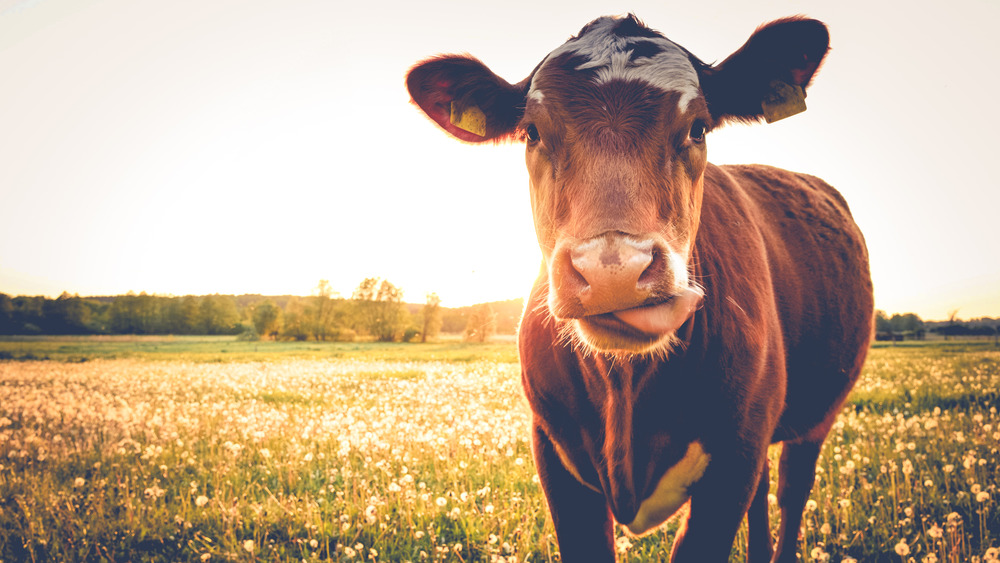Is Grass-Fed Butter Really Better For You?
Butter is back. After spending a few decades as a prime villain in the nutrition world, nutritionists and scientists now recognize the evidence against butter has been controversial at best, and flat-out wrong at worst. Science of recent years suggests that the much-maligned saturated fat in butter may actually be good for you — and even for your heart.
Investigative journalist Nina Teicholz, author of the 2014 book The Big Fat Surprise: Why Butter, Meat and Cheese Belong in a Healthy Diet, told TIME, "For saturated fat causing heart disease, the science has never been very strong. That basically means you should let those foods that people have been avoiding for so long out of jail."
Butter, as we all know, is mostly fat, and much of that fat — around 75 percent — is saturated. Through the decades when the link between saturated fat and heart disease was virtually unquestioned, avoiding butter seemed like a no-brainer. But the tables have turned.
Butter is actually a complex dietary fat, containing more than 400 different fatty acids, some of which — like butyric acid — have been proven to reduce gut inflammation and help treat inflammatory gut diseases like Crohn's (via Healthline). Butter is also a rich source of omega-3 fatty acids, and fat-soluble vitamins, including vitamins A, D, E, B12, and K2.
Grass-fed cows make better butter
That being said, all butters are not created equal, and grass-fed butter — from cows that are fed by grazing outside or by being fed fresh grass — does have a significant nutritional leg up over the grain-fed competition. Grass-fed butter is higher in healthy fats, vitamins, and antioxidants.
New York–based registered dietitian Malina Linkas Malkani, founder and CEO of Malina Malkani, and a spokeswoman for the Academy of Nutrition and Dietetics, says "Grass-fed butter has the nutritional edge in that it offers more heart-healthy nutrients than regular butter in a less-processed product than margarine" (via Everyday Health). Not only that, but grass-fed butter is usually a more appealing shade of creamy yellow, due to the higher levels of beta carotene the grass-fed cows are getting.
Butter is, of course, still a high-calorie fat, and can therefore contribute to weight gain if over-consumed. But used in moderation, there doesn't need to be any guilt about spreading a little on your toast — especially if it's grass-fed.


